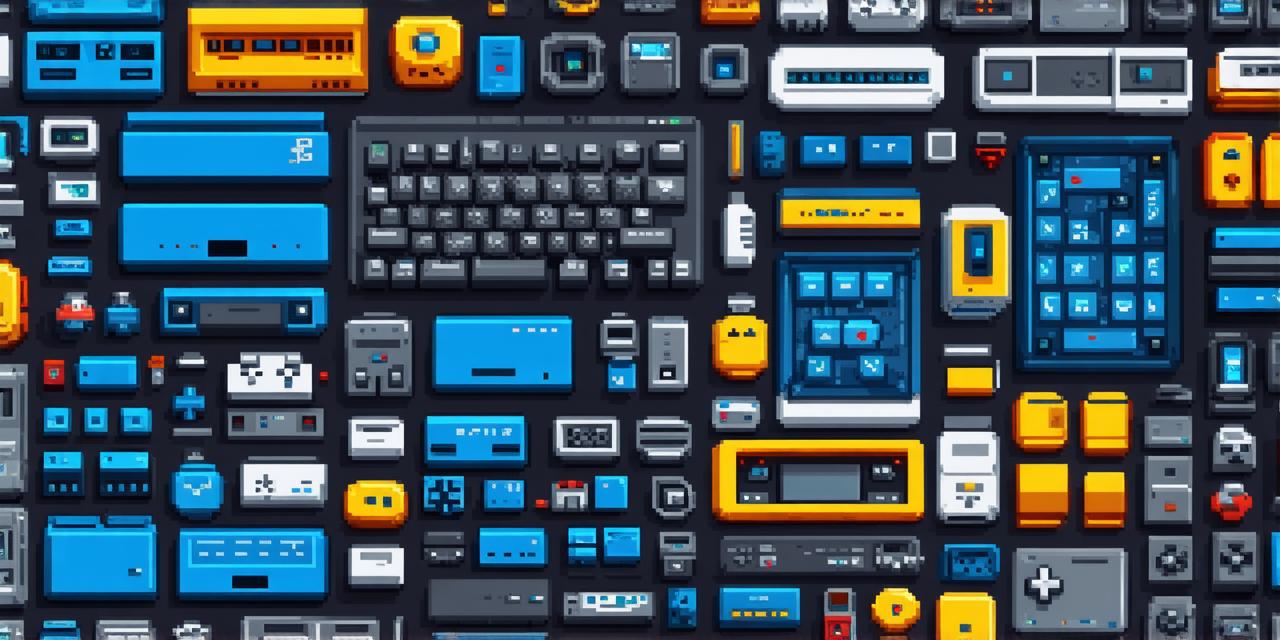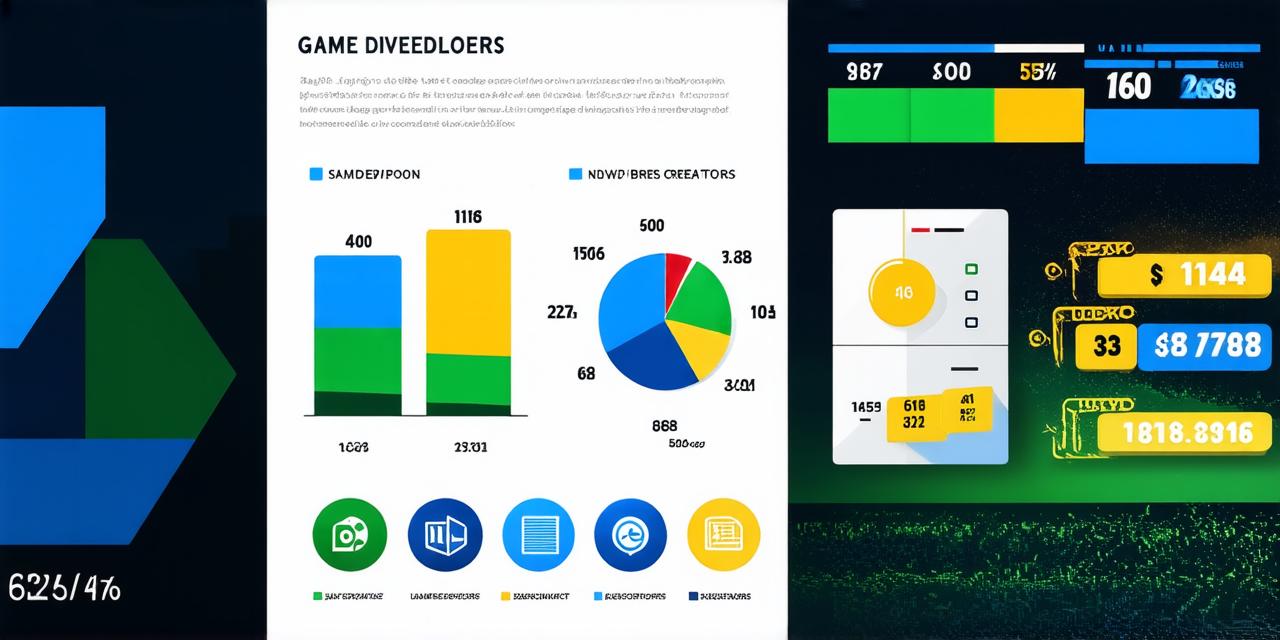Game development is an exciting and lucrative field that requires a wide range of skills and creativity. As a game developer, you have the opportunity to create immersive and engaging experiences that entertain millions of people around the world.
What Game Developers Do
In this guide, we’ll explore what game developers do and how to become a successful game developer.
Designing Games
The first step in game development is designing the game concept. This involves brainstorming ideas for the game, defining its mechanics and rules, and creating a prototype of the game. The prototype is a working version of the game that allows developers to test and refine the game’s features before releasing it to the public.
Creating Art Assets
Once the game design is finalized, developers create art assets such as characters, environments, and objects. These assets are designed to be visually appealing and engaging to the player. Developers may use software like 3D modeling, texturing, and animation to create these assets.
Writing Code
Game development also involves writing code to implement game mechanics and rules. Developers may use programming languages such as C++, Java, or C to write code for the game’s engine and other components. They may also use scripting languages like Lua or JavaScript to write code for the game’s user interface and other interactive elements.
Testing and Debugging
After the game is complete, developers test it thoroughly to identify and fix bugs and errors. This involves running the game on multiple platforms and devices to ensure that it works properly across different hardware configurations. Developers may also use automated testing tools to streamline the testing process.
Marketing and Distribution
Finally, game developers must market and distribute their games to reach their target audience. This involves creating a marketing plan that includes strategies for promoting the game on social media, gaming websites, and other channels. Developers may also work with distributors or publishers to get their games into retail stores and online marketplaces.
Becoming a Game Developer: The Path Ahead
If you’re interested in becoming a game developer, there are several steps you can take to get started.
Education and Training
To become a game developer, you’ll need a strong foundation in computer science, mathematics, and art design. You may also want to consider earning a degree in game development or a related field such as interactive design or computer graphics.
Internships and Entry-Level Jobs
Once you’ve completed your education, consider interning at a game development studio or taking on entry-level jobs in the field. These opportunities will allow you to gain hands-on experience and build your portfolio of work.
Building Your Portfolio
As you gain experience, it’s important to build a strong portfolio of your work. This can include games, art assets, and other projects that showcase your skills and creativity. Having a strong portfolio can help you stand out from other candidates and land high-paying jobs in the field.
Networking and Collaboration
Finally, networking is critical to success in game development. Attend industry events, join online communities, and connect with other developers and designers in your field. Collaborating on projects and working with others can help you gain valuable experience and build your skills as a developer.
Real-Life Examples of Successful Game Developers
There are many successful game developers who have made their mark in the industry. Here are just a few examples:
-
John Carmack is the co-founder of id Software, the company behind the popular Doom and Wolfenstein series. He is known for his expertise in 3D graphics and computer programming and has been inducted into the Game Developers Hall of Fame.
-
Markus Persson is the creator of Minecraft, one of the most successful games of all time. He started working on Minecraft in 2009 and released it to the public in 2010. It has since become a cultural phenomenon, with millions of players around the world enjoying its creative gameplay and endless possibilities.
-
Shigeru Miyamoto is a legendary game designer who is best known for creating Super Mario Bros. He has won numerous awards for his contributions to the gaming industry and is widely regarded as one of the greatest game designers of all time.
FAQs
Here are some frequently asked questions about becoming a game developer:
Q: How do I become a game developer?

A: To become a game developer, you’ll need a strong foundation in computer science, mathematics, and art design. You may also want to consider earning a degree in game development or a related field such as interactive design or computer graphics. Gaining experience through internships and entry-level jobs is also important for building your portfolio of work and gaining valuable skills.
Q: What kind of skills do I need to be a game developer?
A: Game developers need a range of skills, including programming skills in languages like C++, Java, or C, as well as art design skills using software like 3D modeling and animation. They also need strong problem-solving and collaboration skills to work effectively with other developers and designers on a team.
Q: What are some real-life examples of successful game developers?
A: Some successful game developers include John Carmack, the co-founder of id Software; Markus Persson, the creator of Minecraft; and Shigeru Miyamoto, a legendary game designer who created Super Mario Bros.
Q: How do I market my game as a developer?
A: To market your game as a developer, you’ll need to create a marketing plan that includes strategies for promoting the game on social media, gaming websites, and other channels. You may also want to work with distributors or publishers to get your games into retail stores and online marketplaces. Building a strong portfolio of your work can also help you attract attention and gain recognition in the industry.
Conclusion
Game development is a challenging and rewarding field that requires a wide range of skills and creativity. By following the steps outlined in this guide, you can become a successful game developer and create immersive and engaging experiences that entertain millions of people around the world. Remember to continue learning and expanding your skill set, and don’t be afraid to take risks and push boundaries in your work. With hard work and dedication, you can achieve great success as a game developer.




